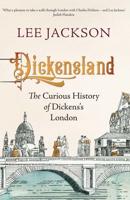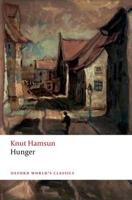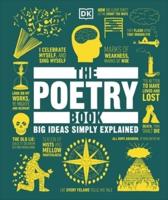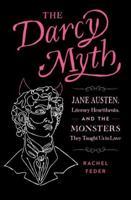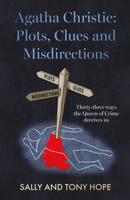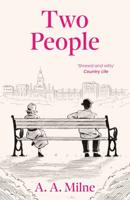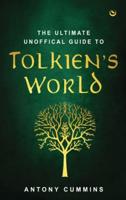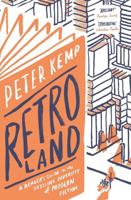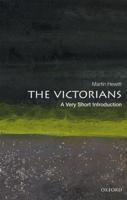Publisher's Synopsis
Essays on Milton's developing ideas on liberty, and his republicanism, as expressed in his writings over his lifetime. In his Second Defence of the English People (1654), reflecting on his career as a prose writer, prior to embarking on the composition of Paradise Lost, John Milton identified 'three varieties of liberty without whichcivilized life is scarcely possible, namely ecclesiastical liberty, domestic or personal liberty, and civil liberty'. In retrospect he was able to find in his earlier writings a systematic exposition of the grounds of freedom, and a commitment to expanding its domain through publication and polemic. Taking initiative from both the history of political thought and historicist aesthetics, the essays in this collection (which derive from the International Milton symposium at York) consider the conditions of liberty in Milton's writings, and the contested development of his republicanism, through his career as a civil servant and prose writer, through his great poems, to his posthumous reputation and the appropriation of his works; and they extend laterally to typologies of liberty, the realm of law, prosody, and religious faith and persecution.Winner of the 2002 Irene Samuel Prize for best composite work onMilton. The contributors are: THOMAS CORNS, JOHN CREASER, MARTIN DZELZAINIS, KATSUHIRO ENGETSU, STEPEHN FALLON, BARBARA LEWALSKI, JANEL MUELLER, CHRISTOPHER ORCHARD, GRAHAM PARRY, JOAD RAYMOND, JOHN RUMRICH, QUENTIN SKINNER, ANNE-JULIA ZWIERLEIN.GRAHAM PARRY is Professor of English, University of York; JOAD RAYMOND lectures in the School of English and American Studies, University of East Anglia.



